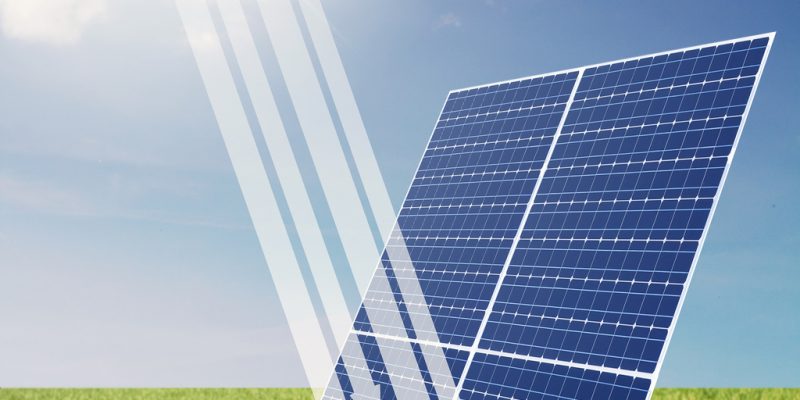The Zimbabwe Electricity Transmission and Distribution Company (ZETDC), a subsidiary of the Zimbabwe Electricity Supply Authority (ZESA), the national electricity company, recently invited Independent Power Producers (IPPs) to surrender their surplus electricity generation to the national electricity grid. This will be done in the context of a net-metering programme. This divestiture model is expected to reduce Zimbabwe's need to import electricity as it lacks foreign exchange.
Zimbabwe has been facing a huge energy deficit in recent years, due to the drop in water levels in the Kariba hydroelectric dam, located in the Kariba Gorge of the Zambezi River Basin, on the border between Zambia and Zimbabwe. A situation which is pushing the country to import electricity.
To reduce imports and improve access to electricity in the country, the Zimbabwe Electricity Transmission and Distribution Company (ZETDC), a subsidiary of the Zimbabwe Electricity Supply Authority (ZESA), the national electricity utility, recently decided to commission a net metering programme to reduce the country’s electricity import needs in the face of foreign exchange shortfalls. It is known as the net-metering programme. It will enable customers with surplus solar energy on their roofs, small solar power plants or even larger solar power plants to sell it to the national grid. “Any existing customer generating solar energy on their premises could feed excess electricity into the ZETDC grid through a source inverter (a device that feeds electricity into the grid, editor’s note) linked to the grid and a smart meter that measures both the energy consumed by the customer and the energy supplied to the grid. Net metering will benefit the utility and the nation as a whole by saving foreign exchange and reducing electricity imports,” says Nobert Matarutse, the customer service manager of the Zimbabwe Energy Regulatory Authority (Zera).
The transfer model is open to solar power producers already connected to the national grid. The Zimbabwe Electricity Supply Authority will pay for the electricity supplied in the form of discounts on future bills. Other customers wishing to participate will be required to complete an application form which can be obtained from the Zimbabwe Electricity Transmission and Distribution Company offices around the country and from the website. “Once approved, the customer will complete a connection form and pay a connection fee covering, among other things, the cost of the smart meter,” says Nobert Matarutse.
The state-owned Zimbabwe Electricity and Distribution Company will perform the commissioning test of the facility in the presence of the customer, who will then become a certified participant. “Only power units will be credited to the customer’s account. This will benefit the customer. It will keep bills low and reduce the total number of units billed at the end of the month,” says Nobert Matarutse, Customer Service Manager of the Zimbabwe Energy Regulatory Authority (ZERA).
Inès Magoum






